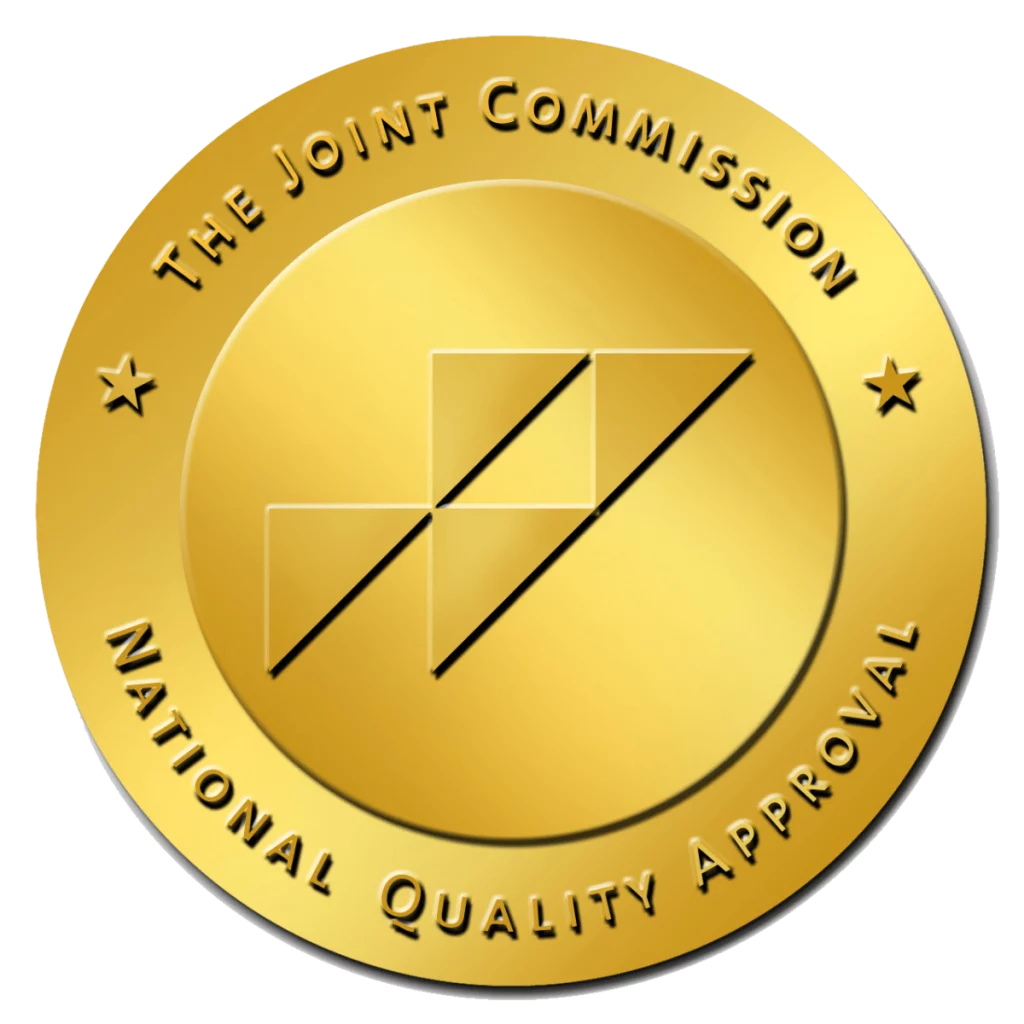A type of evidence-based psychotherapeutic treatment, Cognitive Behavioral Therapy (CBT) is used to help patients understand the feelings, emotions, and thoughts that influence their actions and behaviors. Generally a short-term form of therapy, the main focus of CBT is helping the person deal with and work through a specific problem. While going through cognitive behavioral therapy treatment, individuals learn how to identify disturbing or destructive thought patterns that have a negative influence on their emotions and behaviors. They then learn how to change those thought patterns.
The History of Cognitive Behavioral Therapy
Cognitive behavioral therapy was developed in the late 1960s by psychiatrist Dr. Aaron Beck. According to PsychCentral, Dr. Beck began to notice that patients seemed to have an ongoing internal dialogue of emotion-filled thoughts that influenced their behavior even though they were barely aware of such thoughts. Dr. Beck called these “automatic thoughts” and taught his clients how to recognize them and talk about them.
Dr. Beck believed that changing one’s thoughts can change one’s emotions. Once a client could identify their thoughts, they could understand and work through their emotional or behavioral difficulty.
Dr. Beck called this type of therapy cognitive therapy. Over the years, the name was changed to cognitive behavioral therapy, or CBT. Today, CBT is an umbrella term used for various types of therapy that have different balances of behavioral and cognitive elements.
CBT and Addiction
Negative automatic thoughts typically influence one’s mood in a negative way because they are accepted as true. When negative thoughts are taken as truth, they contribute to increased anxiety, depression, and emotional difficulties. Anxiety and depression are often co-occurring disorders with drug or alcohol addiction.
During the cognitive behavioral therapy process, individuals are encouraged to closely examine their thoughts and assess whether they are realistic. Developing a more objective perspective of how their thoughts influence their emotions helps people change their thinking to promote healthier, more positive feelings and behaviors.
Positive thoughts, emotions, and behaviors support sobriety. During recovery, how a person thinks, feels, and acts has a great impact on all aspects of their health, improving their sense of well-being.
The Cognitive Behavior Therapy Process
CBT is a highly focused and goal-oriented form of therapy. During CBT, the therapist works closely with the individual toward their established goals. Typically, the therapist will explain the process to the individual in detail. Often the therapist assigns homework to be done between sessions.
Types of CBT
According to the Oakville Center for Cognitive Therapy, there are many different types of therapies that involve cognitive behavioral therapy. While each one has its own unique method, they all focus on identifying the negative thought patterns that add to the psychological distress of the individual.
Examples of these include:
- Cognitive Therapy (CT)
- Dialectical Behavior Therapy (DBT)
- Rational Emotive Therapy (REBT)
- Multimodal Therapy (MT)
- Mindfulness-Based Cognitive Therapy (MBCT)
- Cognitive Processing Therapy (CPT)
There is Help Available
When CBT is used as part of the treatment for substance use disorder, it helps the individual confront and cope with the negative thought patterns that exacerbate their addictive behaviors. At Canyon Vista Recovery Center located in Mesa, Arizona, CBT is offered as part of our comprehensive clinical treatment program. Call and speak to a professional at Canyon Vista to find the help you need to overcome your drug or alcohol addiction.










